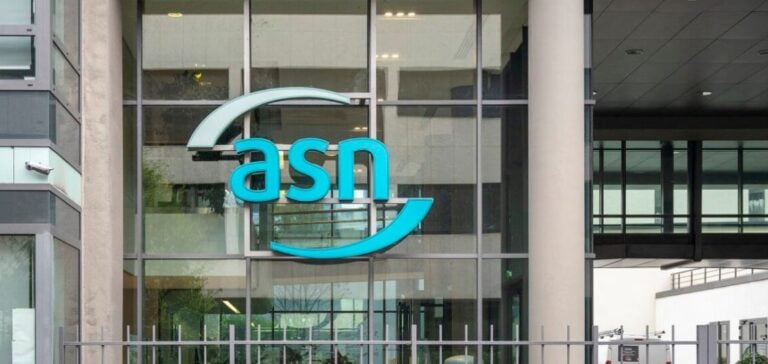French President Emmanuel Macron announces the appointment of Pierre-Marie Abadie to head the current Nuclear Safety Authority (NAS) and the future Nuclear Safety and Radiation Protection Authority (NSRPA). Currently Managing Director of NARWM (National Agency for Radioactive Waste Management), Abadie will be responsible for leading the transition to this new entity, which will replace NAS from January 1, 2025. This appointment, proposed by the Prime Minister, still has to be validated by the committees of the National Assembly and the Senate. Bernard Doroszczuk, outgoing NAS president, will complete his term in November 2024. In the meantime, Abadie is working closely with Doroszczuk to prepare for the creation of NARWM. The merger of the NAS and the IRPNS (Institute for Radiological Protection and Nuclear Safety), decided by Parliament in April 2024, is being contested by unions, experts and associations. The aim of this reorganization is to centralize supervision and expertise in the French nuclear sector under a single authority.
A complex and controversial challenge
The creation of the NSPRA comes after more than a year of debate and contestation. IRPNS unions express their concerns about the merger of the two entities. They are calling for the appointment of a neutral “prefigurator” to arbitrate disagreements between the NSPRA and the NAS. Abadie’s mission is to manage this complex transition, draw up the NSPRA’s new rules of procedure and ensure that nuclear safety standards remain high. The Minister for Industry, Roland Lescure, emphasized the importance of this rapid appointment in order to respect the commitments made during the legislative process. Pierre-Marie Abadie’s appointment comes at a time when nuclear safety is a crucial issue for France, given its dependence on nuclear energy and the challenges posed by radioactive waste management and facility safety.
Outlook for French nuclear safety
The appointment of Pierre-Marie Abadie marks a key stage in the reform of nuclear supervision in France. The creation of the NSPRA is intended to enhance the efficiency and coherence of regulation in the nuclear sector, by bringing together technical expertise and regulatory power under a single umbrella. This merger should enable better coordination and faster response to safety challenges. However, the challenges are many. The management of radioactive waste, the modernization of existing nuclear power plants and the development of new technologies require rigorous supervision and cutting-edge technical expertise. Abadie, with his experience at NARWM, brings an in-depth knowledge of waste management issues, which is crucial to his new mission.
Impacts and reactions
The nuclear community and players in the energy sector are keeping a close eye on this transition. The appointment of Pierre-Marie Abadie has been cautiously welcomed by unions and experts alike, who hope that this reform will improve nuclear safety in France. Future challenges include not only the technical and logistical management of the merger of the two entities, but also maintaining public and stakeholder confidence in nuclear regulation.
The government is banking on the centralization of the NSPRA to enhance the transparency and efficiency of nuclear regulation. The success of this reform depends on NSPRA’s ability to integrate the skills of IRPNS and NAS, while meeting the growing safety and sustainability requirements of the nuclear sector.






















